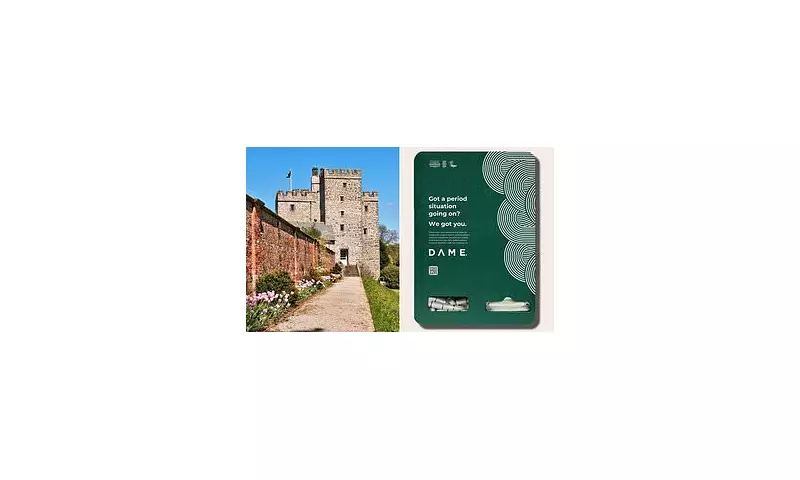
The National Trust has ignited a fiery debate after implementing controversial changes at its flagship Lake District visitor centre, including placing vegan sanitary products in men's facilities and removing traditional gendered toilet signage.
Visitors to the Wray Castle site on Lake Windermere's shores discovered the unexpected additions in male restrooms, alongside the complete removal of 'ladies' and 'gents' designations in favour of unisex labelling.
Traditionalists Outraged by 'Virtue Signalling'
The heritage charity's move has drawn sharp criticism from members and traditionalists who accuse the organisation of prioritising political correctness over preserving British heritage. Many have taken to social media to express their dismay, labelling the changes as 'nonsensical' and 'ideologically driven'.
'This is precisely why I won't be renewing my membership,' one disgruntled visitor commented online. 'The National Trust should focus on maintaining our historic properties, not engaging in virtue signalling with vegan tampons in men's toilets.'
Accessibility or Overreach?
While the Trust maintains these changes are part of ongoing efforts to improve accessibility and inclusivity for all visitors, critics argue the organisation has overstepped its conservation remit.
The installation of plant-based sanitary products reflects growing demand for vegan alternatives, but their placement in male facilities has raised eyebrows even among supporters of environmental initiatives.
Broader Pattern of Controversial Changes
This isn't the first time the National Trust has faced criticism for modernising approaches. Recent years have seen the organisation embroiled in various controversies regarding how it interprets and presents British history and manages its properties.
The Lake District developments come as the Trust attempts to balance its conservation duties with evolving social expectations, though current reactions suggest this balancing act is proving difficult to maintain.
As the debate continues, all eyes remain on how one of Britain's most cherished heritage organisations will navigate the competing demands of tradition and progression in the 21st century.





